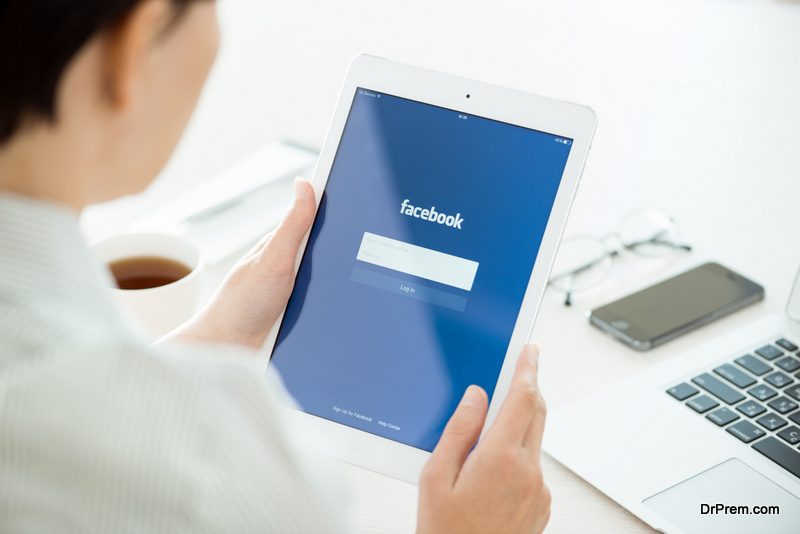In the wake of Cambridge Analytica scandal, comes another news about Facebook that we all need to know about. Reportedly, Facebook has been in talks with several major hospitals and healthcare organizations in the United States about sharing patient information. The data would be devoid of any personally identifiable patient information, such as their name and other confidential details. Facebook plans to use these health records for medical research. It will combine this data with Facebook user data for medical research to improve patient care.
Healthcare organizations are extremely careful at keeping health records private. This is because of federal and state laws in part as the health information of patients is confidential and sensitive. Healthcare organizations have to guard it so it does not end up in the wrong hands.
The project:
The project, which was supposed to be led by interventional cardiologist Freddy Abnousi, was to use anonymized health records for medical research obtained from healthcare organizations. These organizations include popular medical associations like Stanford University and American College of Cardiology. Now, it comes to light that Facebook halts medical data sharing plans – the focus of which was on cardiovascular health.
The organizations would have to sign a data-sharing agreement, wherein they would provide Facebook with their patient’s health information. Facebook would then use a cryptographic technique called hashing to match this data with its Facebook user data for medical research. The end goal is to improve patient care by combining their medical information with their social and economic information on the website. This, according to Facebook, it should help healthcare professionals to devise specific treatments and plans for better medical assistance.
A possible example
Consider John, who is suffering from an ailment, has visited the hospital four times in the last year. This data can be combined with Facebook user data for medical research. On Facebook, it shows that John lives alone, is not involved very much in the community, and lives a comparatively solitary life. The hospital can use this data and send nurses over to John’s residence after he undergoes a major surgery.
The 2014 incident
Facebook has a reputation to use user data without clear consent. For example, in 2014, Facebook experimented on users by showing them different content. The objective was to figure out what type of content would make users happier or sadder. Facebook later apologized for the study.
Health records for medical research may be useful, but regarding the health information project, the fact that patient consent was not even given a voice, as sources have told CNBC, points toward gloomy and disastrous results. The sources have asked to not be identified as they have signed non-disclosure agreements. The good news is CNBC has been told by Facebook that they have put a pause to the plan and before they move further, they intend to bring more transparency to their data collection methods.
Facebook halts medical data sharing:
The plan has been put on a hold as of now. After the revelation of the Cambridge Analytica scandal, users have been concerned about the practices Facebook uses to collect, use, and share their data. The scandal led to the harvest of 87 million users’ data that the political firm used to target ads.
Facebook halts medical data sharing for the moment and it has even said that the project was only in the planning stage. If Facebook were to move forward with this project and get their hands on health records for medical research, users, as well as patients, will have to be cautious about how the data is reused and whether their consent is sought.
Conclusion:
Understandably, the community has shown unrest toward this project. Using health records may still be acceptable, but merging it with the enterprise’s large database can have other implications than just using Facebook user data for medical research. If this information were to land into the wrong hands, unexpected consequences are bound to follow. The news that Facebook halts medical data sharing project must, therefore, be of importance to us as a community.
Facebook’s journey into the health industry has only started, given that they already have organ donation promotion campaigns on the site. They are also approaching the pharmaceutical industry to invest some of their marketing budgets into the website as they will be able to target the right audience based on the type of health pages or people in the health industry they follow and interact with. Before venturing into this sector, however, the general consensus is that Facebook needs to protect its users’ data better.






